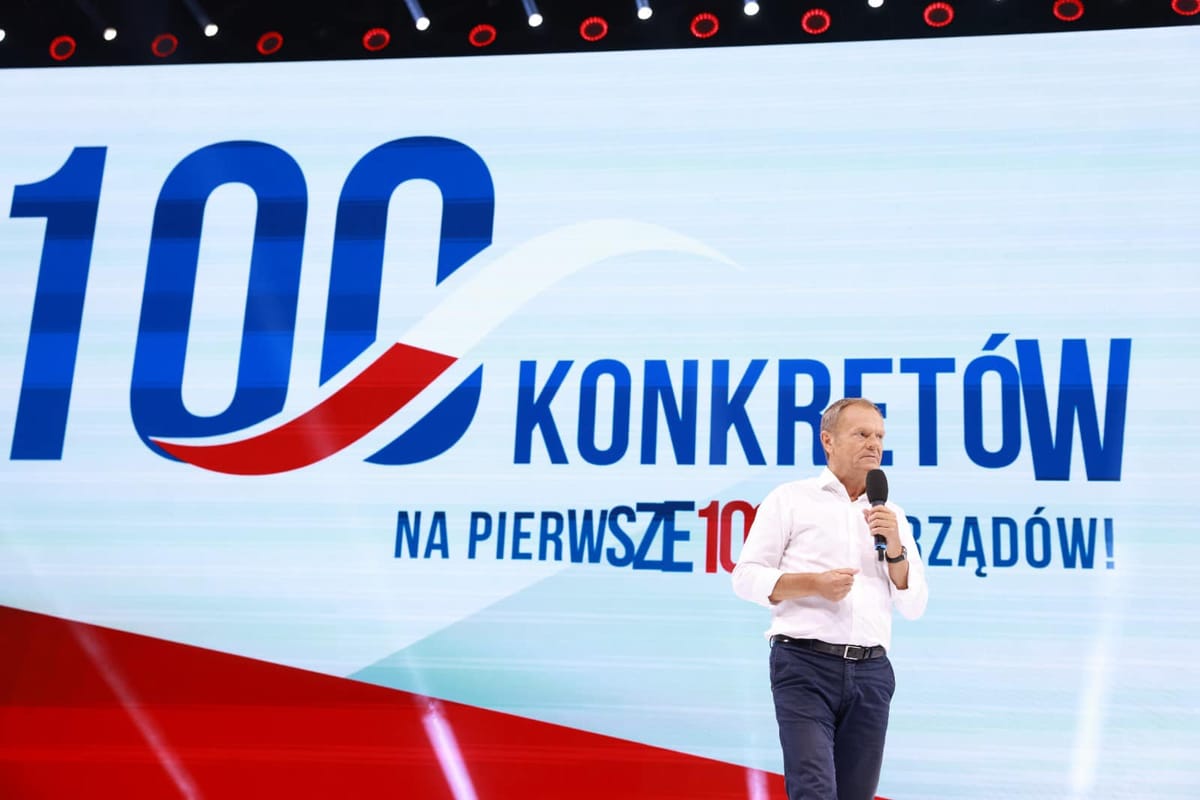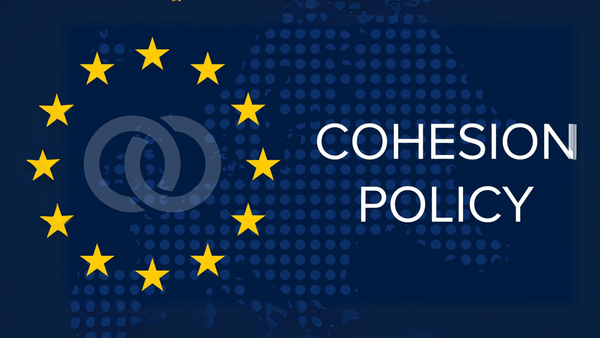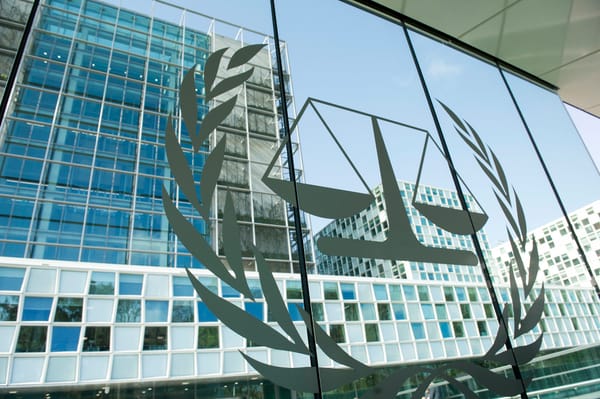
Polish leaders trade pledges as election nears
Poland’s leading political parties made election promises on Saturday, 9 September, as the conservative nationalist ruling Law and Justice (PiS) party and the opposition Civic Coalition (KO) held conferences ahead of the national elections on 15 October.
PiS, in power since 2015, is striving to win a third term, after eight years of government marked by disputes with the EU over rule of law and democracy issues. Opinion polls indicate that PiS may secure the most electoral votes, but it is unlikely to maintain its slim majority in parliament.
With just over a month until the elections, PiS appears to remain in poll position, as shown by the latest polls giving them 38%, to KO’s 31%. This situation could eventually necessitate an uneasy coalition with the far-right Confederation.
Local media wrote that most important for Poles are inflation, prices and security. Ultimately, according to liberal Polish daily Gazeta Wyborcza, in Poland “elections are won not by the TV, but by the refrigerator”.
Party lines already drawn
Saturday’s party conventions officially inaugurated the election drive, although the campaign effectively began months ago. According to Gazeta Wyborcza, the PiS convention in Konskie, south-central Poland, was “not particularly innovative”, while in Tarnow, south-east Poland, KO politicians delivered speeches that were “great” but “probably not groundbreaking”.
Observing both conventions may lead to paradoxical conclusions, the daily added. In their “duel at noon” on Saturday, PiS leader Jaroslaw Kaczynski gave an hour-long ideological lecture to a “dark, cramped’ room “full of party activists”. Nevertheless, after months of accusing the KO of lacking an electoral programme, Law and Justice showed it does not itself have a programme.”
PiS repeats earlier promises, targets pensioners
In effect PiS re-stated eight agenda items, according to Gazeta Wyborcza, which added that “no new, invigorating idea appeared, no sentence was uttered that had not been expressed before. Finally, the daily wrote, Kaczynski announced seniority pensions, which will once again reduce the retirement age by two or three years.
Kaczynski reiterated pledges to spend more on social welfare and Poland’s military capabilities, in the wake of Russia’s full-scale invasion of neighbouring Ukraine. The government has also already allocated resources to support large families, retirees, and military expenditures, all while courting its voter base.
The most divisive words came from Polish Prime Minister Mateusz Morawiecki, when he said Tusk “would sell everything: because you can’t cheat the genes… you have to tell him no or nein – maybe he will understand”, to the biggest applause of the day in the room.
In Polish politics, where ad hominem attacks are increasingly common, KO and PiS voters are largely entrenched. “Party activists operate in different realities,” Gazeta Wyborcza commented. Moreover, a potential PiS supporter will not likely see or hear Tusk speaking live in the government media.
Tusk lays out detailed agenda
Meanwhile in Tarnow, KO leader Donald Tusk and his opposition party colleagues unveiled their “100 Specifics for 100 Days”. Tusk, and a former prime minister and high-ranking EU official, pledged to liberate state media and cultural activities from their existing constraints and censorship.
On the opposition front, the KO presented its programme principles, promising to reverse negative trends in foreign and domestic policies. They also vowed to mend relations with Brussels and unlock EU funds that are currently frozen due to the rule of law dispute.
PiS also wants to fight for the support of women, who largely left the party after the judgment of the Constitutional Tribunal by Julia Przylebska in 2020 on abortion.
Kaczynski emphasized the care for retirees who received their “13th- and 14th-month” pensions. For PiS, the key voter is the older, retired voter.
Parties aiming for different demographics
The KO directed its message towards the future, the young generation. Hence the emphasis on the need for state reform, modern education and raises of at least PLN 1,500 for teachers and administration employees.
An important element was also turning to small entrepreneurs and businesses, heavily affected by the current economic policy – a social group that has recently been directing its hopes towards the Confederation.
The KO pledged tax cuts and tax-free status for income below PLN 6,000 (EUR 1,300) gross. Tusk said “we will introduce an ‘entrepreneurs’ holiday’, i.e. one month free from social security contributions and holiday benefit of half the minimum wage. Moreover, entrepreneurs would pay tax only on paid invoices.
Meanwhile, teachers would receive pay rises of at least 30%. Under a KO government, Poland would have a minimum wage of PLN 6,450 from July 2024, up from the current PLN 4,000.
Tusk, a centre -right politician, also promised funding for in-vitro fertilisation, free emergency contraception and abortions up to 12th week of pregnancy.
PiS could prosecute central banker, PiS politicians
Most controversially, the Civic Platform announced its intention to potentially prosecute senior public figures including central bank governor Adam Glapinski for what they perceive as “undermining the autonomy” of the bank and “failing to fullfil the fundamental responsibility” of combating rising inflation.
The potential action against Glapinski follows a surprising move by the central bank, which last Wednesday, for the first time in three years, cut interest rates by 0.75 percentage points, a considerably more aggressive move than analysts had anticipated.
This has led to suspicions that the decision was designed to support PiS in the election run-up, and caught the financial markets off guard, particularly as Glapinski had previously indicated that interest rates would not be reduced until inflation, which hit 18% in Poland last year, returned to single digits. In August, inflation stood at 10.1%.
Glapinski, a former PiS senator, faced strong opposition from other political parties when he was reappointed as the head of the central bank last year. Tusk expressed “no doubt” that the central bank’s decision was aimed at pleasing borrowers and that the scale of the rate cut was surprising in the run-up to the election.
Also listed for future scrutiny through state tribunals were Morawiecki, President Andrzej Duda and Justice Minister Zbigniew Ziobro.
Whether smaller parties can capitalise on the punch and judy show between the two main parties is doubtful. The Left and Third Way respectively held conferences in Poznan and Warsaw, but according to local media, these were completely overshadowed by the meetings in Tarnow and Konskie. It is clear that both the Third Way and the Left are focus on criticising and taking away votes from the far-right Confederation, Gazeta Wyborcza wrote.
Tusk: ‘now we go for the win‘
Tusk said: “It’s here in Tarnow that we start the grand final. The finale of the fight for Poland that you shouldn’t be ashamed of. Fights for Poland where you can love whoever you want. Fighting for Poland where you can be whatever you want.
“Today we presented ‘100 Specifics for 100 Days’. These are not empty promises without cover. These are thoughtful and realistic proposals to be implemented in the first days of our governments. Now we go for the win. The victory of good over evil is ours”





